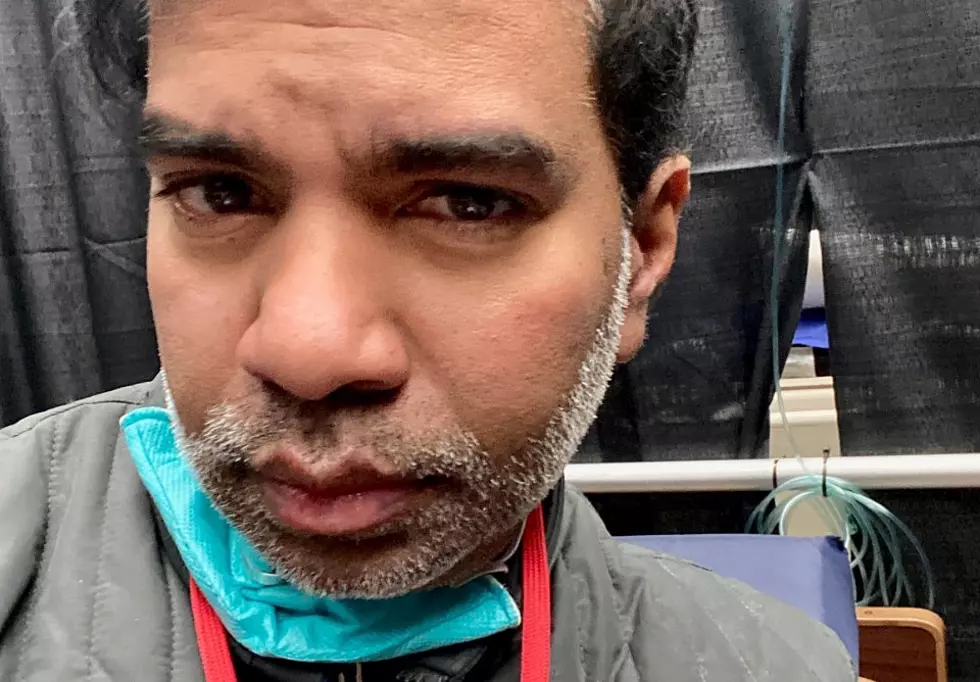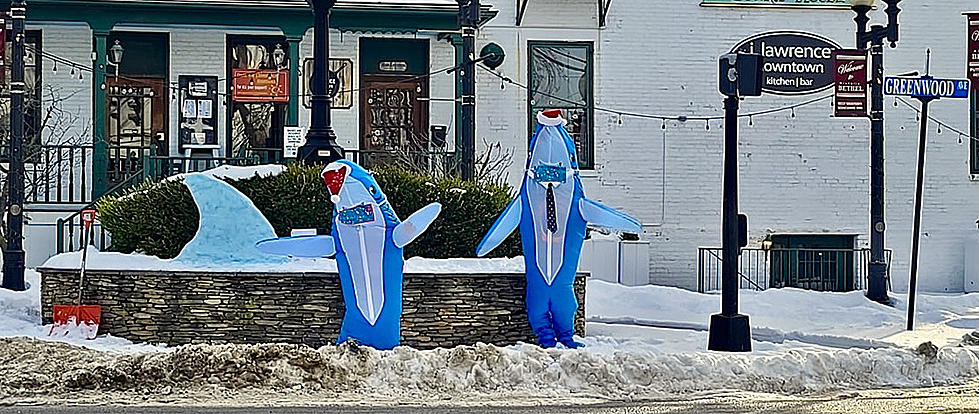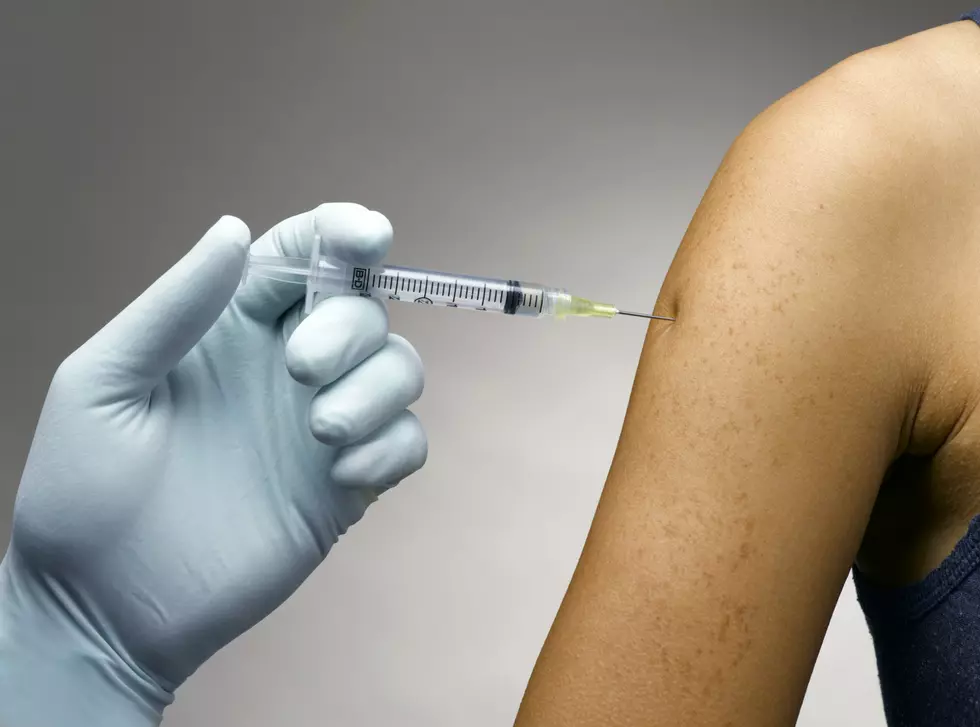
Top Doctor Talks CT COVID-19 Success + When The Pandemic May End
We know you have a lot of questions and concerns about the COVID-19 pandemic, that's why every Thursday Dr. Rajeev Fernando is here to answer your COVID-19 questions.
We're seeing spikes in a number of states, meanwhile Connecticut is seeing the fewest cases since the start of the pandemic, plus people want to know when this whole thing is going to end. Here's some of the questions you had this week for Dr. Rajeev Fernando.
Ann Marie in Danbury asks, since Connecticut has the lowest amount of cases since the start of the virus, and other states are seeing big spikes, could we be the next area to see cases increase?
I think Connecticut has done a great job, the numbers are low, and I'm happy the way Connecticut is opening based on science and statistics which is the way it should be. Now a lot of the other states that are seeing increased cases haven't been following this rules, they are opening up based on the pressure of the economy, and not looking at the data, and that's a real problem. We're seeing spikes in 21 states, and Governors are opening despite that. We go into different phases, and I think the Governors should be in a position to say, hey wait a minute, we're seeing many more cases since we have reopened, we have to slide things back a bit from a green light to a yellow light. Connecticut has handled things the right way. By reopening early, or ignoring the spikes, you do more damage, and then you wind up closing even longer then before.
I asked Dr. Rajeev to tell us about this new drug, Dexamethasone, and how it's being used to battle the virus.
In the medical field there's something called a recovery trial, these trials are done all over the world with drugs that haven't been proven yet. Dexamethasone is an older drug, it's a stronger form of Prednisone, which is used for inflammatory conditions. Now this drug, Dexamethasone, decreases the inflammation caused by COVID-19. In the trials it decreased the mortality in about 35% of people on a ventilator, and about 20% of patients who had pneumonia. It's important to understand that it has little or no benefit at all on patients who don't have pneumonia.
Jennifer in New Fairfield wants to know when we will know when the pandemic is over?
That's a 5 million dollar question. As I always say, the virus is what dictates terms, it's always a couple of steps ahead of us. We will know that when we meet certain parameters. Let's say the incubation period is 14 days, which means the time it takes from being exposed to getting infected. What I like to do is double that period, so if I don't see a case in 28 days, then it's suggested we are heading in the right direction. That being said, over the last few days we actually have a new outbreak in China, where it all started. This outbreak is in the capitol, Beijing, and it's in another wet market, and once again we're seeing a resurgence of cases over there. So the top thing I would look for is no new cases in 28 days which would support that the pandemic is on it's way out, but sadly I don't think that's going to happen anytime soon.

CHECK IT OUT: Here's how to stop your glasses from fogging while wearing a face mask
More From The Wolf









